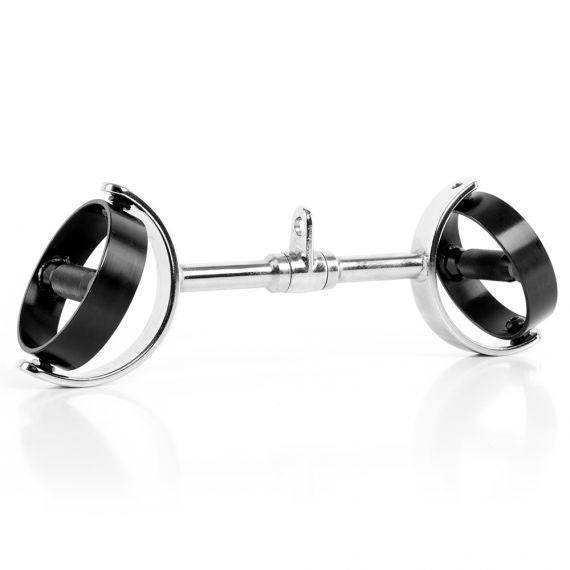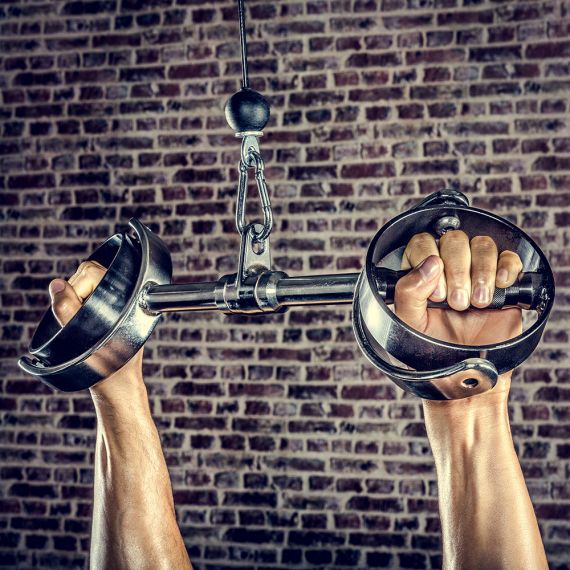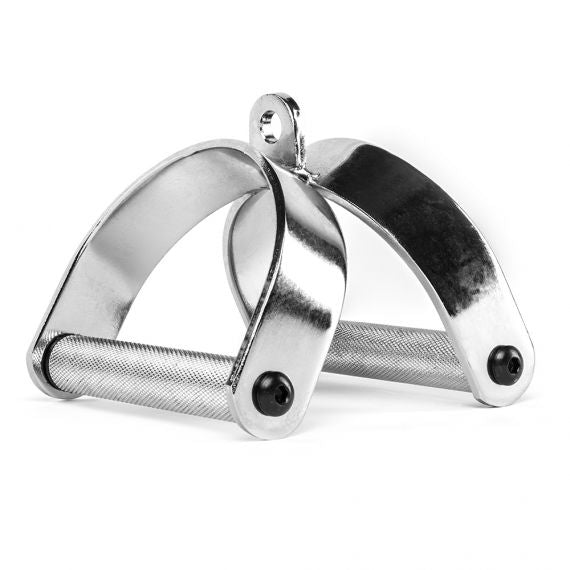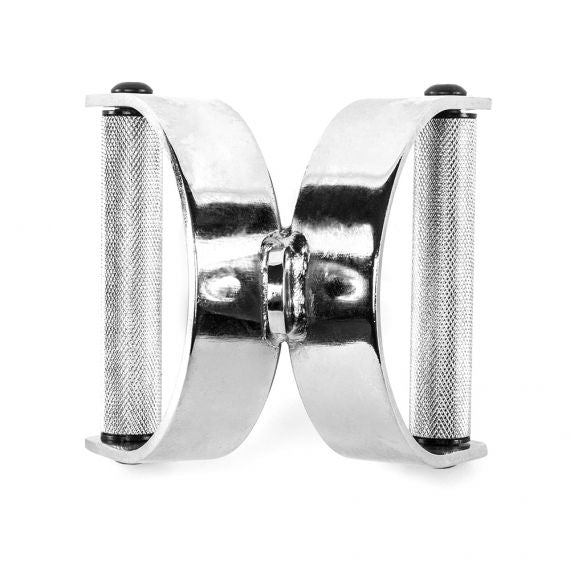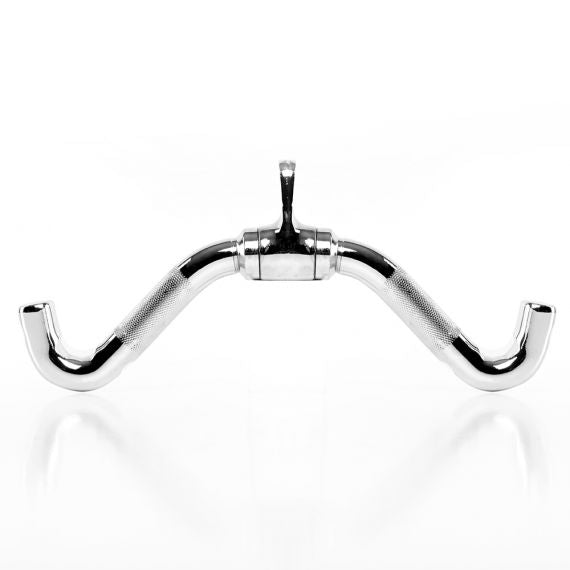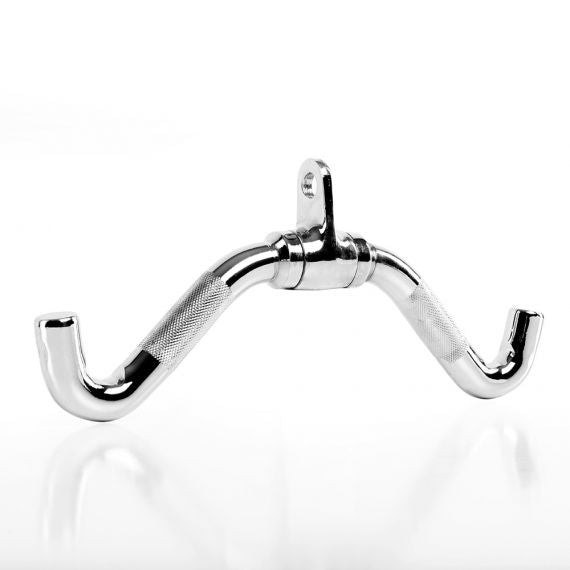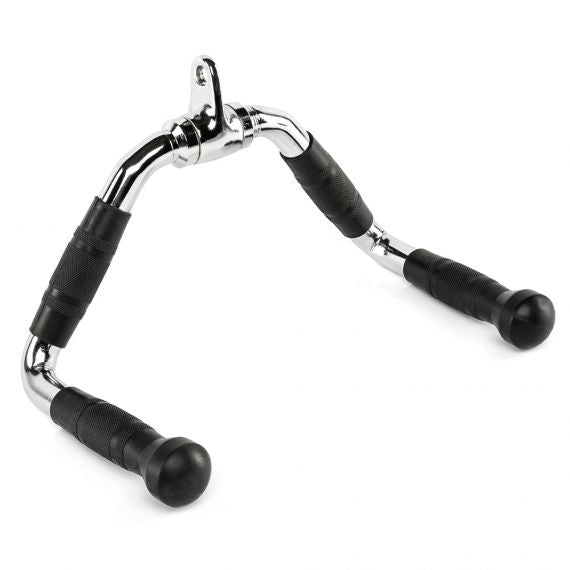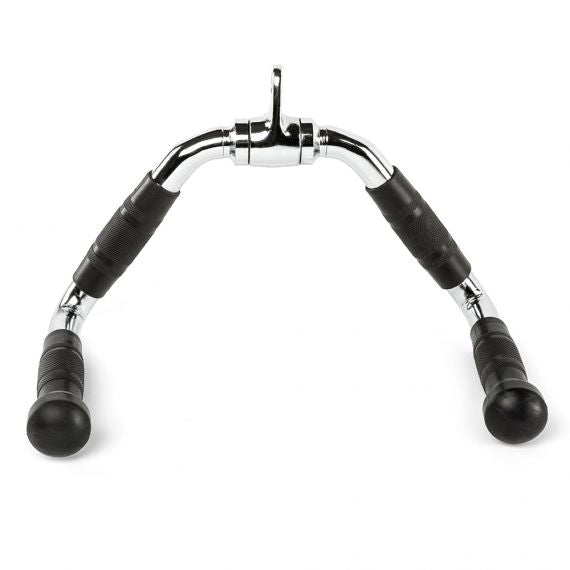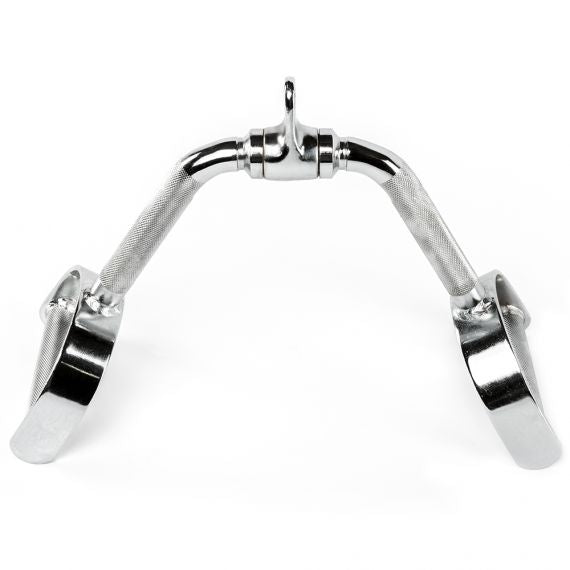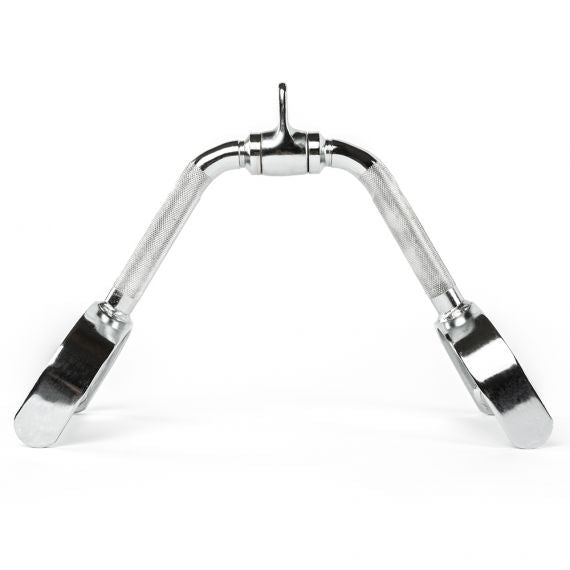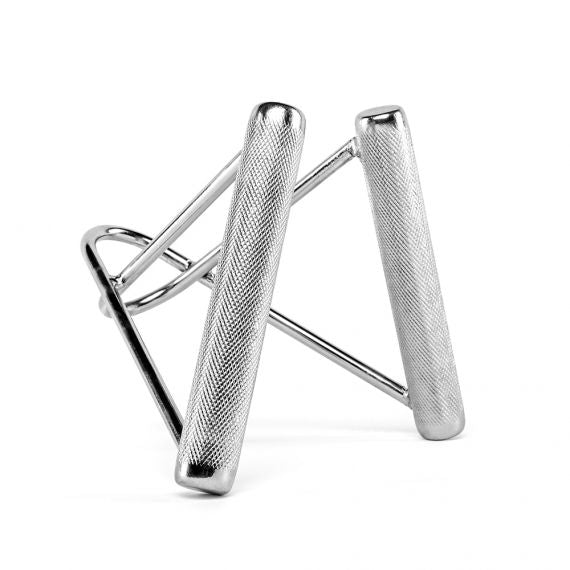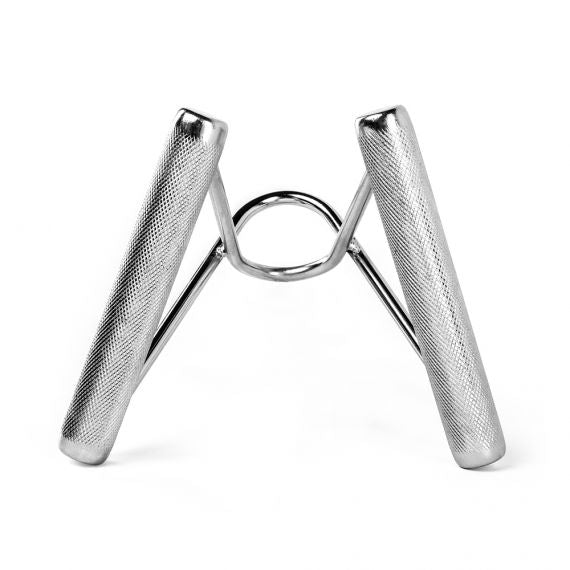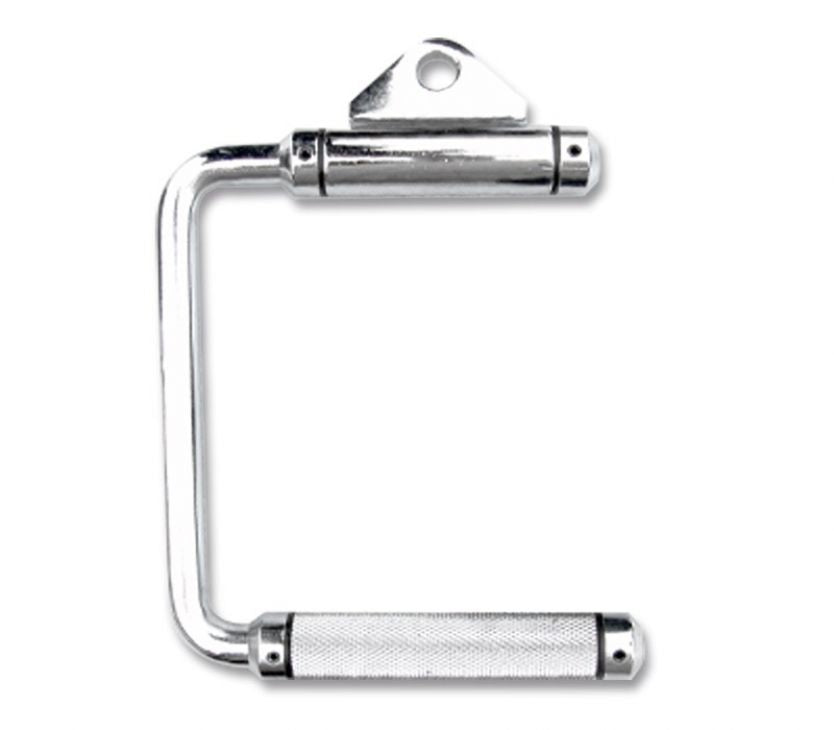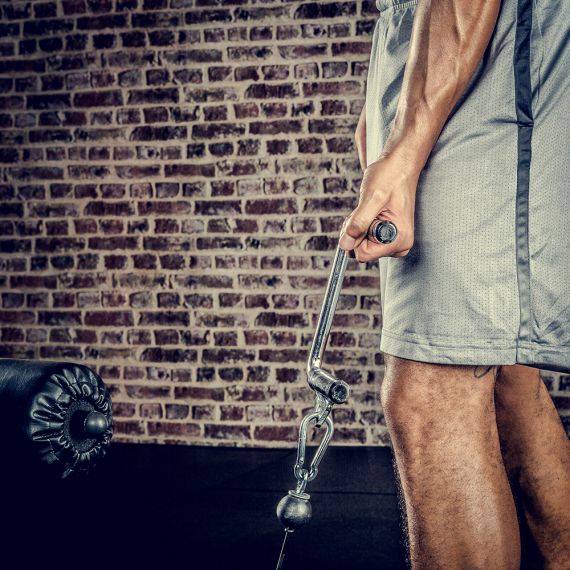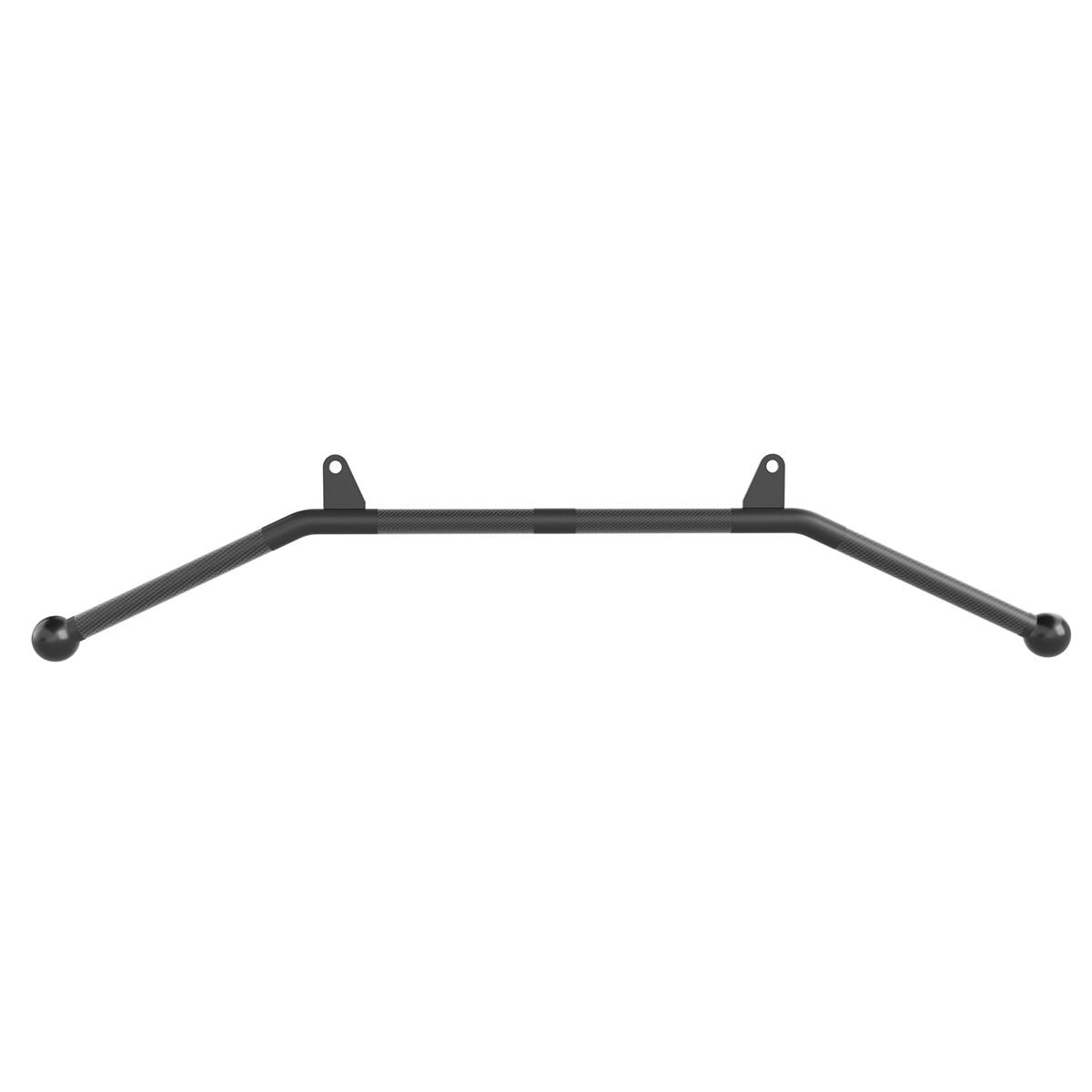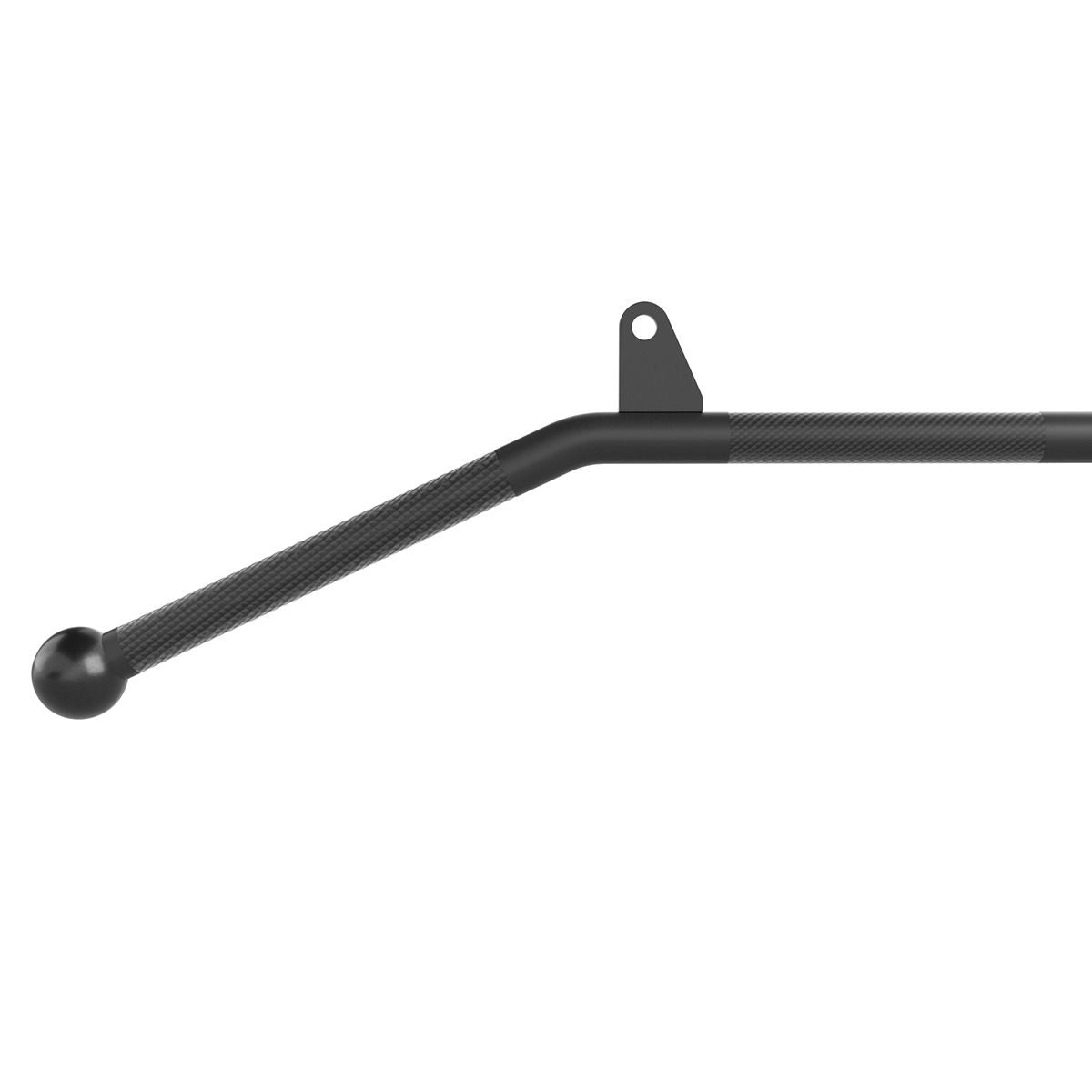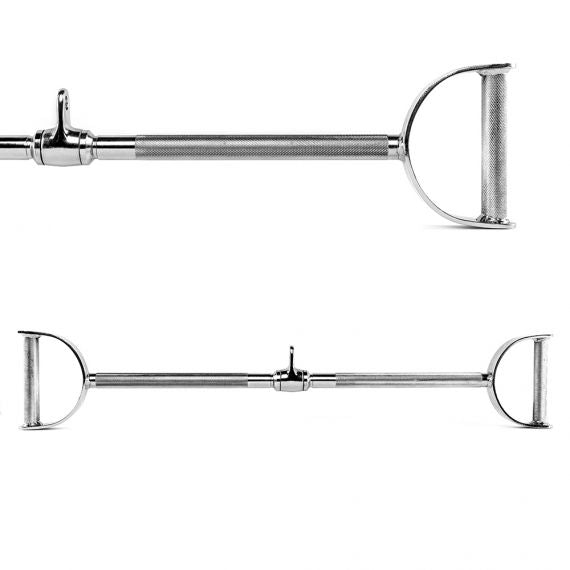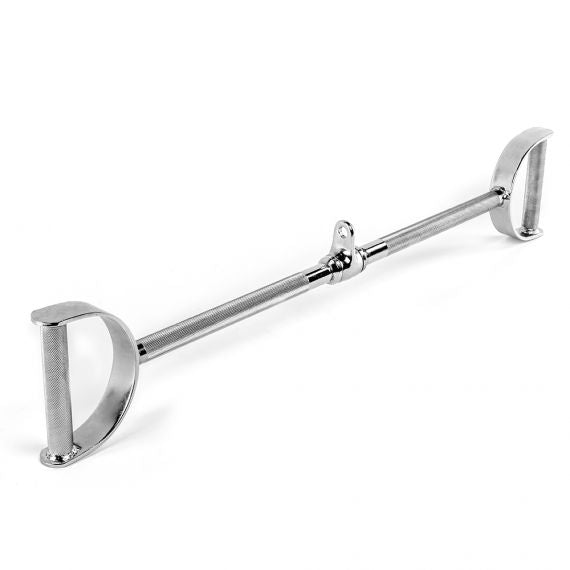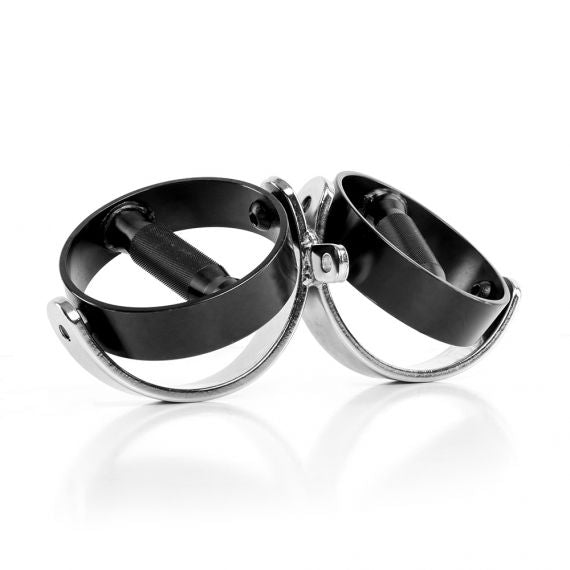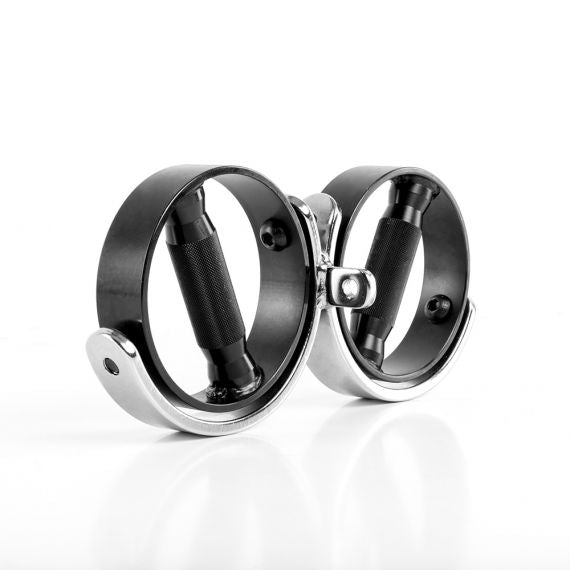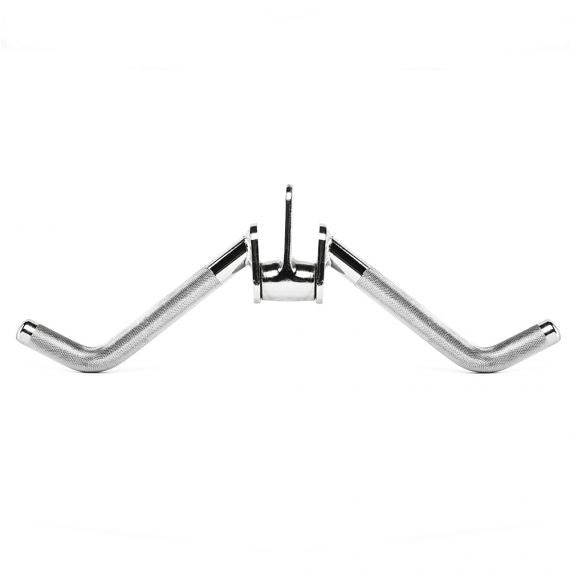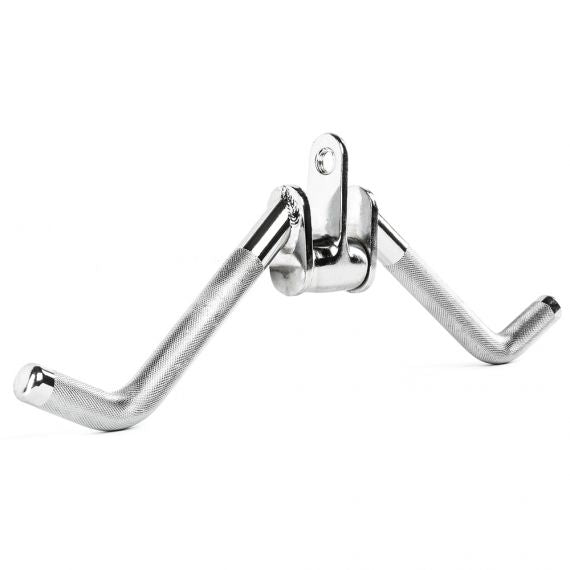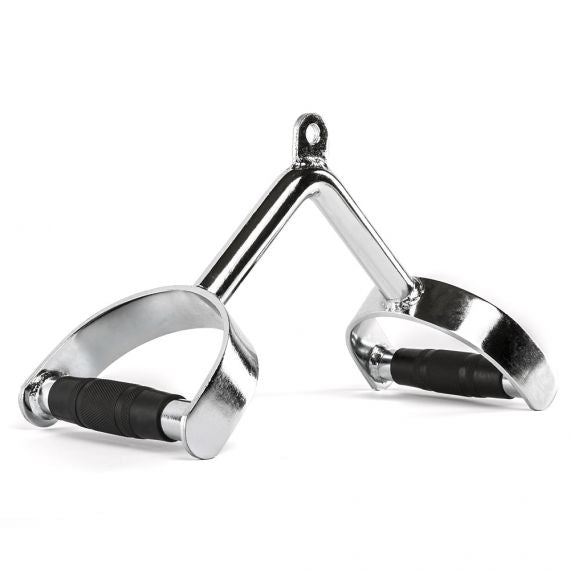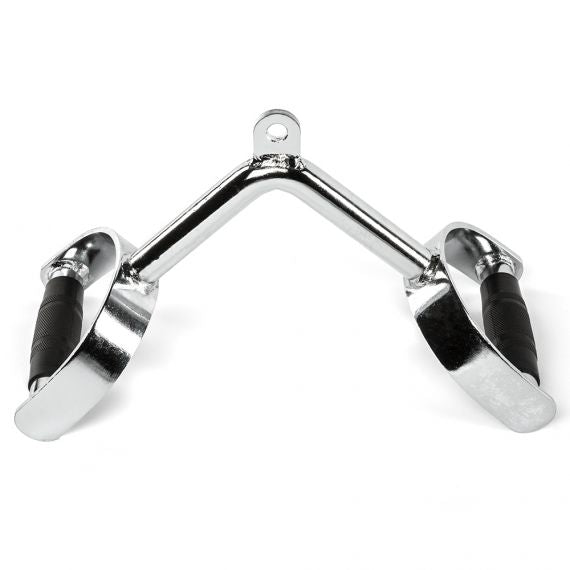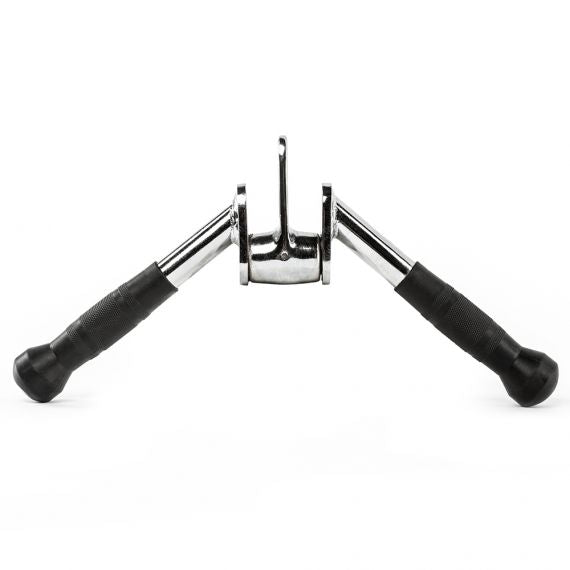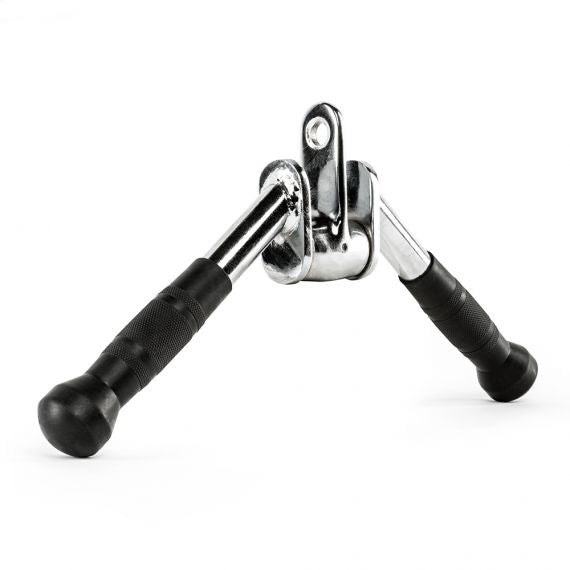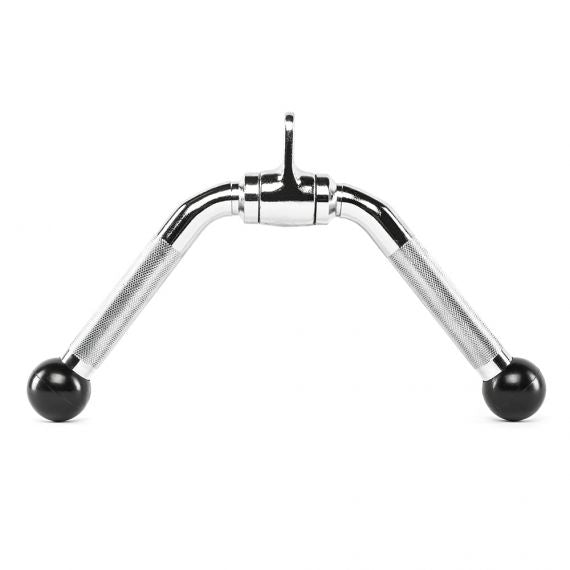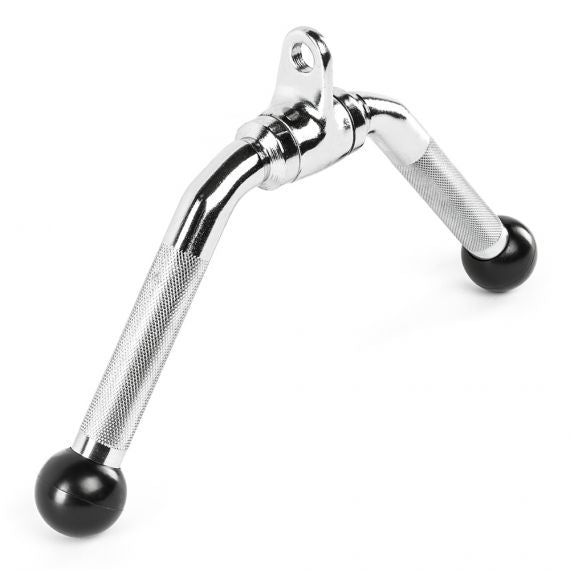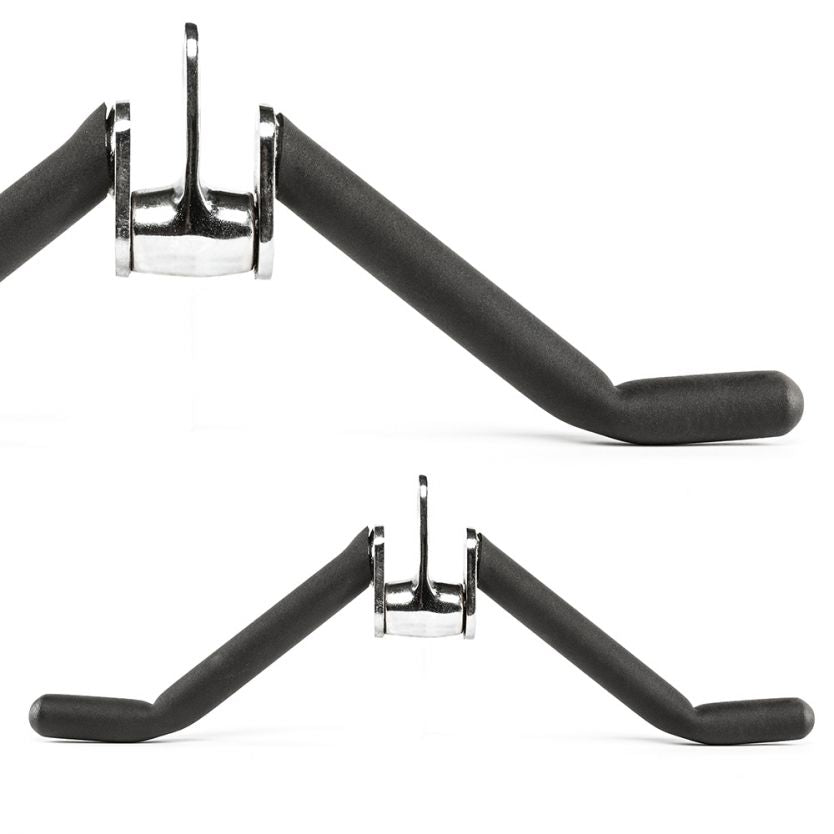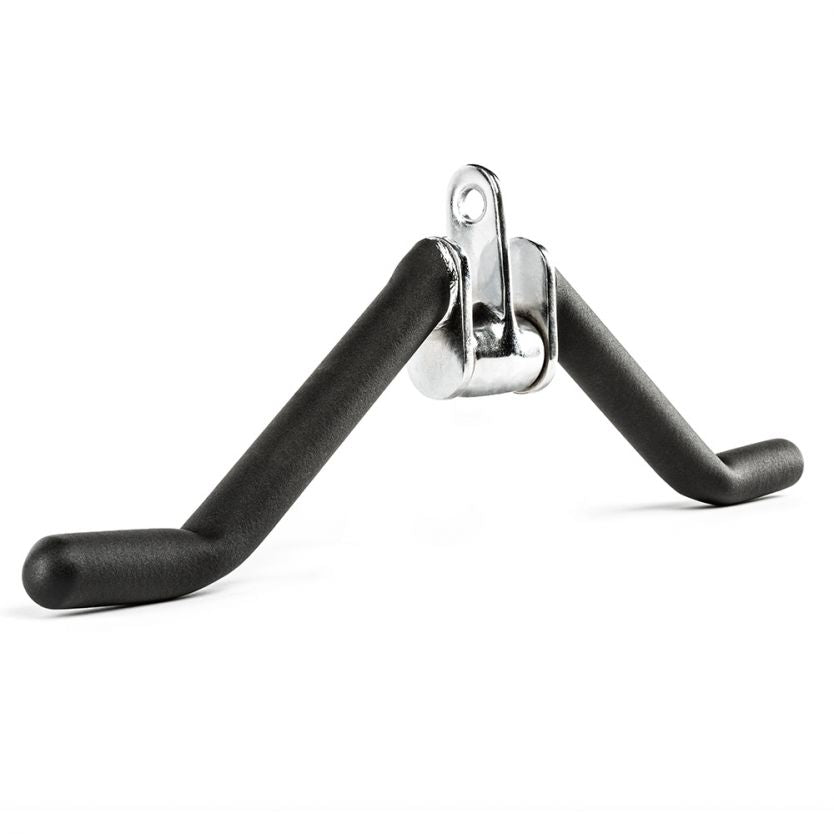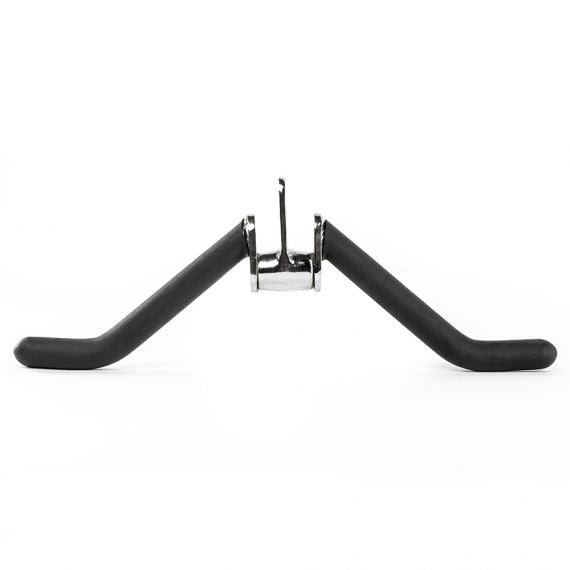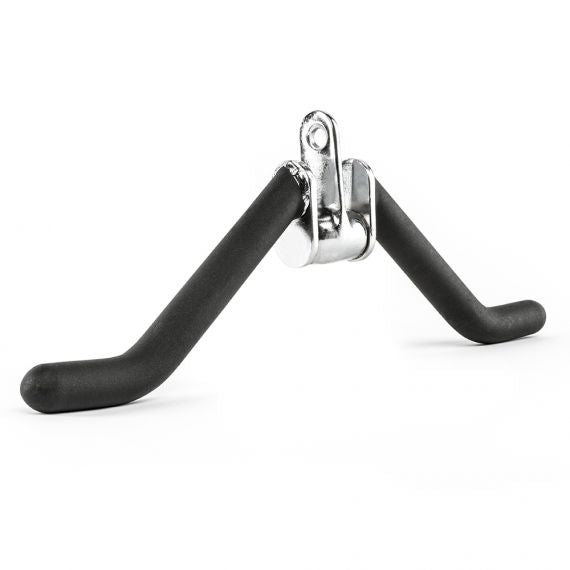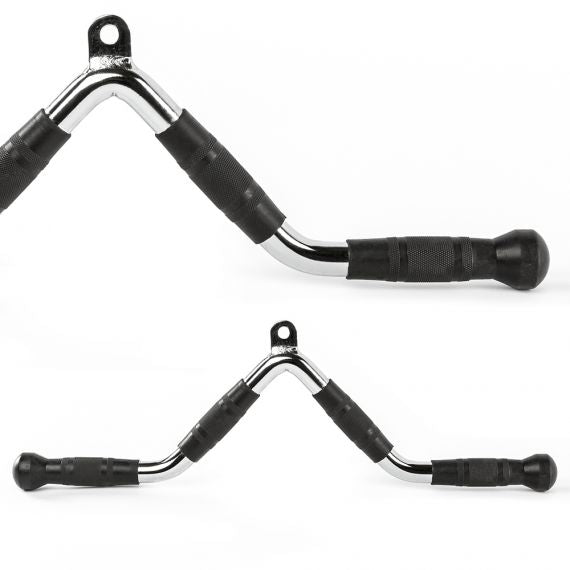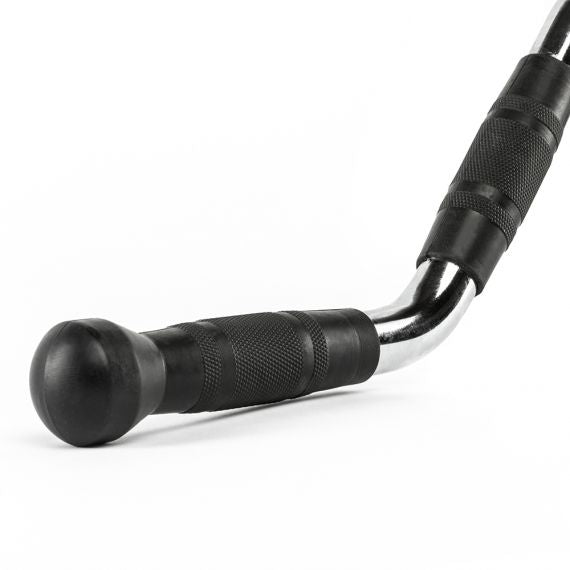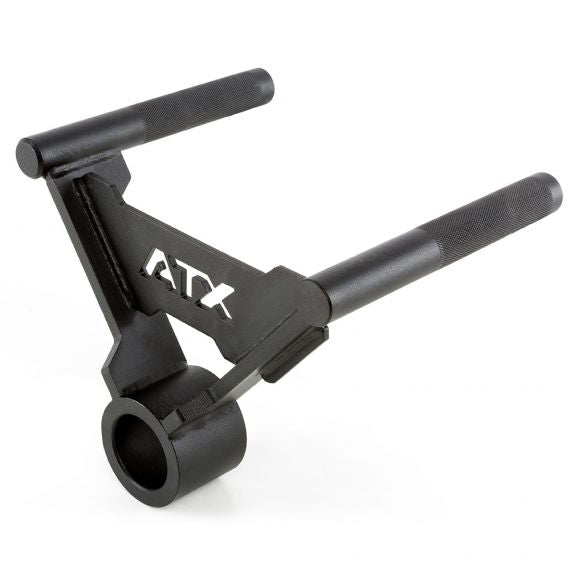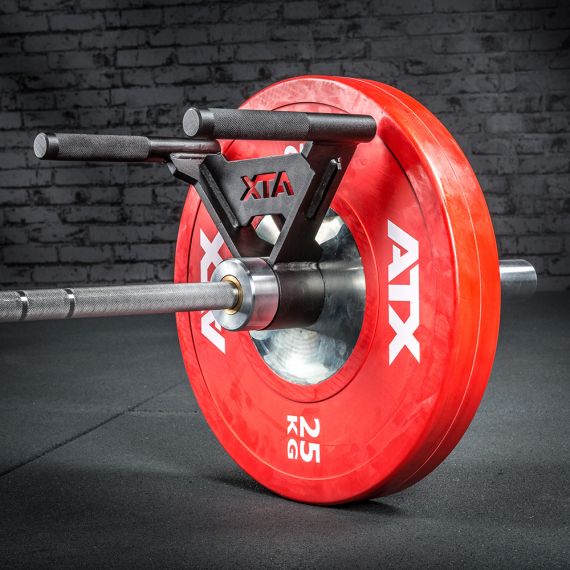Filters
-
Pull handle - rotatable / 44
Regular price €122,90 -
oar handle - hoof
Regular price €28,51 -
triceps/biceps grip - chrome-plated
Regular price €23,60 -
wide rowing handle with ergonomic rubber grips
Regular price €39,23 -
Parallel handle – approx. 40 cm / curved
Regular price €41,29 -
Triangle - rowing handle made of solid steel
Regular price €20,65 -
one-handed handle open
Regular price €23,60 -
ATX® lat pulldown bar with 2 eyelets
Regular price €49,06 -
Lat pull-down bar parallel - approx. 90 cm
Regular price €41,29 -
Rotatable pull handle / 20
Regular price €107,17 -
Triceps - biceps grip - slightly curved, 50 cm
Regular price €28,51 -
Parallel handle 35 cm with Ergo rubber handles
Regular price €38,34 -
triceps grip 45° with ergonomic rubber grips
Regular price €35,39 -
Triceps grip - V-shape - with bumper ends
Regular price €20,65 -
Hollow handle T-shape, coated approx. 55 cm
Regular price €28,51 -
ATX® Aluminum Handle One-Handle Grips - Pair
Regular price €24,48 -
T-shaped triceps grip
Regular price €27,53 -
Tricep triangle with ergonomic rubber handles
Regular price €31,46 -
ATX® Parallel rowing handle T-Bar Row
Sale price €63,81 Regular price€87,50
Ordering, delivery & care.
Can I get advice before purchasing?
Yes! Our team will be happy to assist you with your product selection – by phone, email, or in person at our showroom. Together, we'll find the right equipment for your training.
How quickly will the delivery take place?
We deliver quickly and reliably. You can find the exact delivery times directly on the respective product page or during checkout. We're happy to help with any questions about availability.
Will my device be delivered pre-assembled?
Many fitness equipment items are delivered partially assembled. Easy-to-follow assembly instructions are included. Many pieces of equipment can be assembled independently; for more complex items, we recommend a second person. If you require assembly service, please contact us.
How do I properly care for my fitness equipment?
Wipe down moving parts regularly, check screw connections for tightness, and ensure storage in a dry environment. For some devices, occasional lubrication is recommended—you can find information on this in the respective manual.
Not sure which product is right for your training goals? No problem! Our experienced team will take the time to talk to you – by phone (08142/448666), email, or visit our showroom. Together, we'll find the optimal solution for your needs.
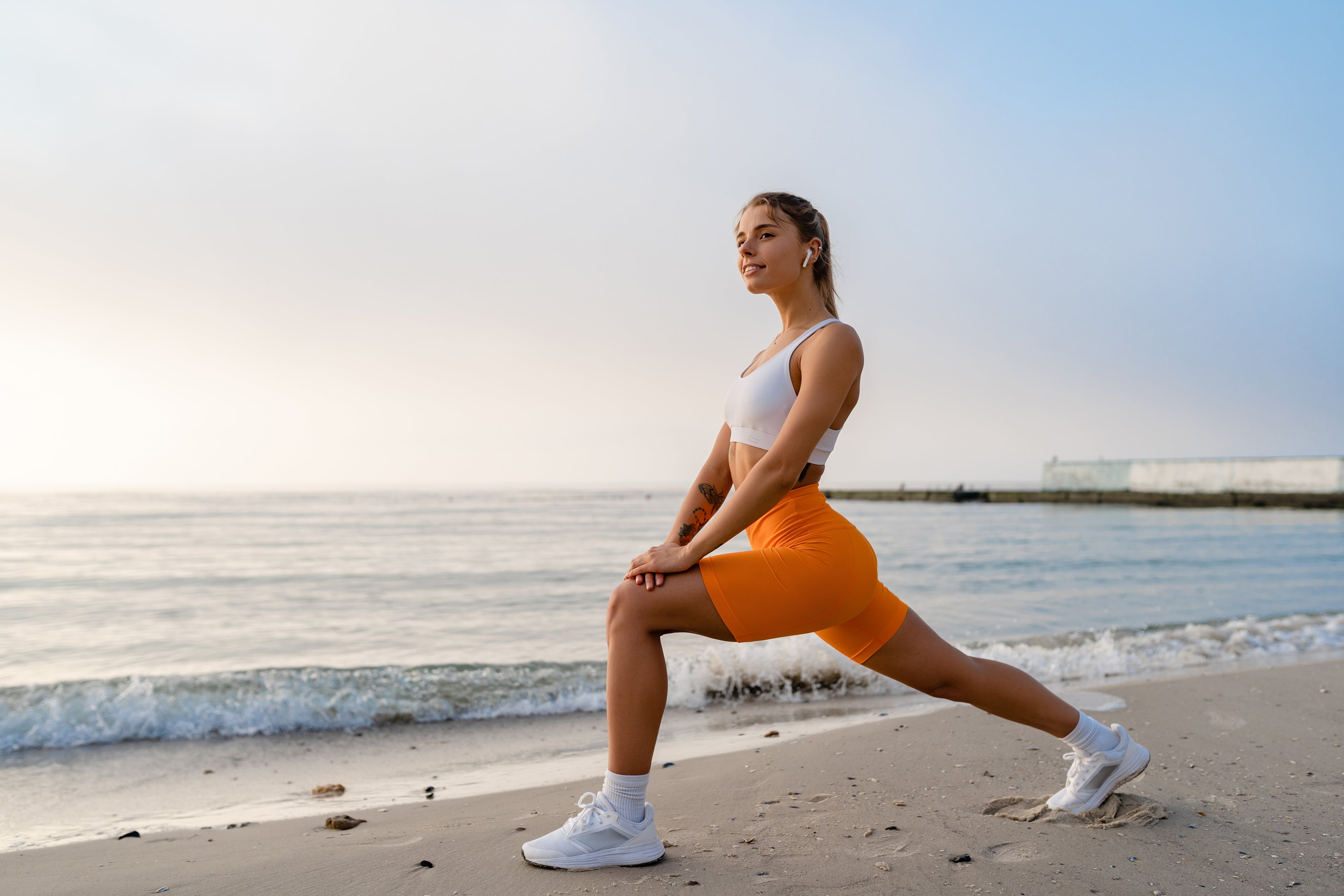
Handles and pull bars for the lat pulldown
Our lat pulldown handles and pull bars are universally applicable to all commercially available cable pulleys. The handles are attached to the cable pulley's snap hook using a ring eyelet – and you can begin your strength training. Our ATX Black Line handles, in particular, enable a jerk- and twist-free exercise sequence thanks to the double-bearing pivot axis with a 360° rotating ring eyelet. Due to the complexity of the human musculature, it is beneficial and recommended to train with different handles at different angles. This allows the targeted muscle to be repeatedly exposed to new stimuli, leading to sustainable and steady muscle growth. To ensure this, motion sports offers a wide selection of different handles. Choose between lat pulldown handles, biceps handles, triceps handles, rowing handles, and triceps ropes.
Handles and pull bars for lat pulldown and rowing
Handles and pull-down bars are particularly useful for training the back muscles. Lat pull-down bars are primarily used for training the latissimus dorsi. These are available in various designs: ergonomic, parallel, straight, or curved. For close-grip rowing, rowing or parallel handles are primarily used. The differences here lie primarily in the angle of incline. An optimal angle of incline ensures an optimal elbow angle, allowing the back muscles to contract more easily and precisely. It also makes training more ergonomic and easier on the joints. For a good grip, the knurling should be non-slip.
Parallel grip : The parallel grip allows for a close grip on the body and helps target the lower back muscles during a workout, thus placing optimal strain on them. The close grip provides greater muscle awareness for better training results. The rowing grip is ideal for cable rowing. For an even smoother and jerk-free movement, we recommend the Row Bar with a double-bearing pivot axis.
Lat pulldown bar : With a lat pulldown bar , different parts of the back can be trained using different grip variations and grip widths. A wide grip targets the outer latissimus , while a narrow grip trains the inner muscles of the back. The classic lat pulldown bar is slightly curved and has non-slip knurling. For an extra large range of motion, motion sports also offers lat bars with parallel curved handles . The grip position allows the training weight to be pulled deep into the back, thus achieving greater muscle contraction. The ergonomic lat foam grips are used for greater grip strength and muscle feeling. The lat pulldown handles have ergonomic grip surfaces that are shaped either inwards or outwards . When doing lat pulldowns, we recommend pulling the bar towards your chest to generate maximum intensity and muscle contraction, as well as for ergonomic and safe training.
Triceps rope and biceps handles
Tricep rope : As the name suggests, the tricep rope is primarily used for tricep training. This heavy-duty fitness rope made of black nylon is ideal for a varied tricep workout. Pulling the rope apart at the end of the exercise creates maximum muscle contraction. The rope is also popular for pullovers, face pulls, or bicep training. The tricep rope allows for versatile grip positions and variation in movement sequences.
Biceps bar : The classic biceps handle is straight and features a smooth swivel joint and non-slip knurling. Many athletes are increasingly opting for the more ergonomic version – the SZ bar . The ergonomically shaped SZ handle supports joint-friendly training.
Foam Grips - ergonomic handle
We've recently started offering ATX Foam Grips in our shop. These are significantly different from conventional grips because they're ergonomically designed to fit the human body. As described above, different grips are used to train different muscle groups. Another common problem with back training is that grip strength weakens before the back muscle is actually trained. This means that the back muscles aren't stimulated to their full potential, and the training is less effective. Thanks to the ergonomic shape of the foam grips, this is now a thing of the past. The optimal fit for the hands ensures that the forearms are relieved and the back muscles are better targeted. In addition, the foam grips are curved so that the elbows are pulled at the correct angle to the body. The neoprene coating prevents annoying slipping and damage to the device.

